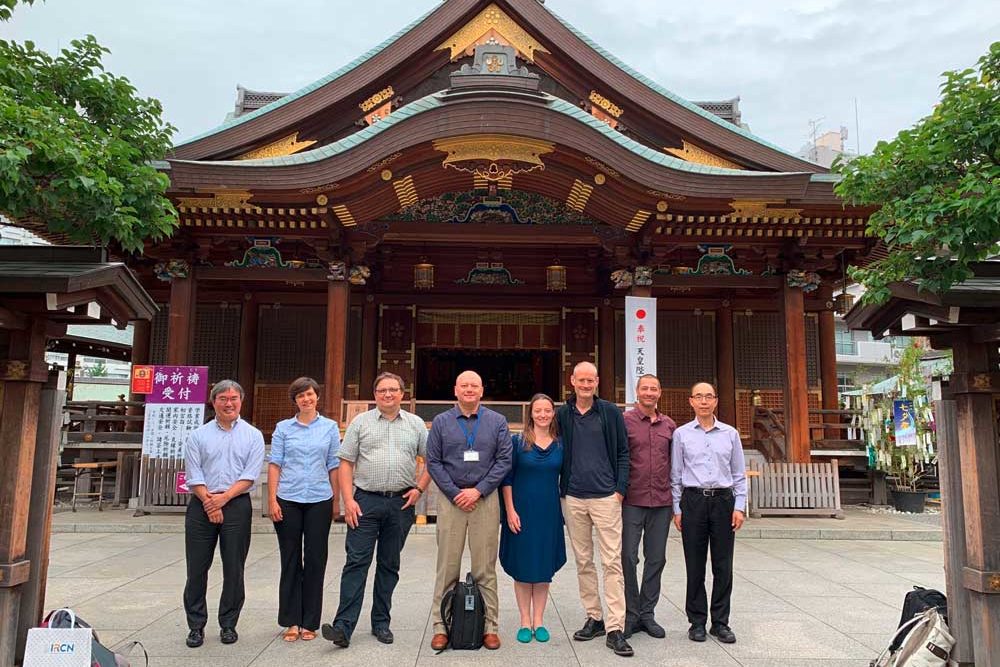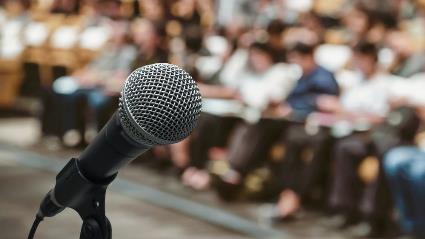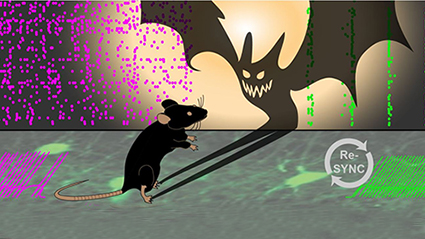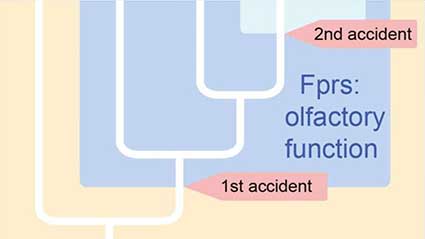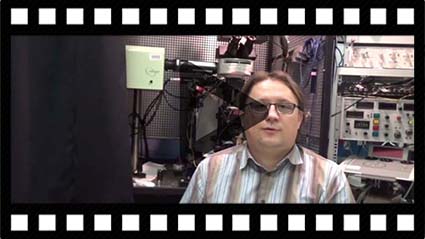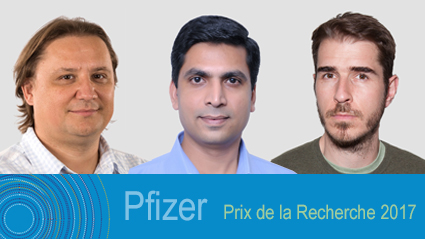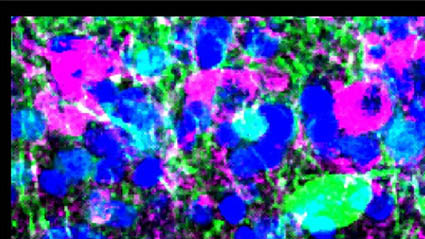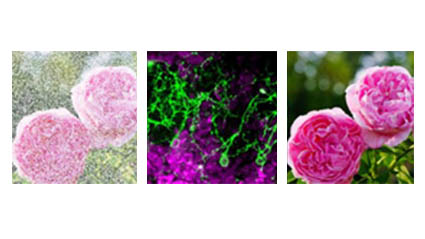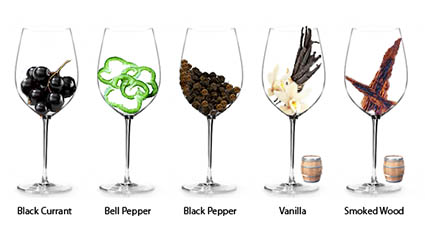9 July 2019
This past weekend, a joint NCCR Synapsy-IRCN workshop took place University of Tokyo. Several Synapsy PIs from UNIGE attended and presented their research (Profs. Alexandre Dayer, Stephan Eliez, Marie Schaer, Camila Bellone, Alan Carleton). Copy number variations in chromosome 22q Read more…
